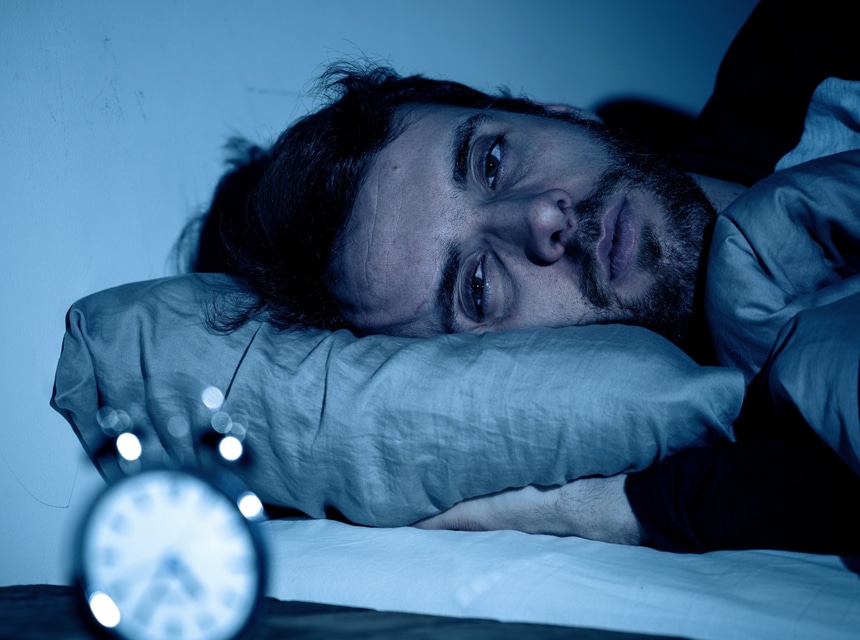

One of the rising concerns for mankind in this age and time is climate change, which has massively impacted fundamental human life and its activities, having a strong effect on our behavior and lifestyle choices as well as physical and mental health, along with other big factors such as social structure and economic health. Such large-scale concerns have always been the key focus of most of the research on climate change and its influence.
However, on May 20th, the reporters of a published study in the journal “One Earth” investigated the small-scale impacts of climate change and discovered how the increase in global temperature negatively impacts human sleep. According to their findings, sleep erosion of 50-58 hours annually per person is to be expected by the year 2099, caused by suboptimal temperatures.
Lower-income countries, women, and people of older age are comparatively more prone to such sleep loss. Kelton Minor from the University of Copenhagen further confirms through research those higher temperatures negatively impact sleep. He further highlights the issue of the rising temperature by suggesting that we as humans need to make informed climate policy decisions to lower the future consequences of climate change.
It is a well-known fact that the death and hospitalization rates are higher on hot days. Moreover, even human performance is severely affected. Regardless of the findings, the root biological and behavioral mechanisms behind these impacts are not precisely understandable.
Surveys from self-reported data from the US have suggested that during periods of hot weather, sleep quality is noticeably decreased. Kelton Minor clearly explains that this study provides the first planetary-scale evidence of hot temperatures eroding human sleep. This sleep erosion takes place primarily due to the delay in falling asleep and progressing on waking up in hot weather.
The general understanding of the fact that hot days decelerate our cognitive performance and even cause deaths in the hospitals has always been around but an in-depth study of the biological and behavioral mechanisms behind this has not been holistically explored yet.
For conducting this research, accelerometer-based sleep-tracking wristbands were used to collect anonymized sleep data on a global level. The obtained data had a collection of 7 million nightly sleep records from over 47,000 adults located across 68 countries – the span included all continents excluding Antarctica.
An important key point of the study is that, on warmer nights where the temperature is greater than 30 degrees Celsius, the average sleep decline is slightly over 14 minutes. This phenomenon of lesser sleep with temperature increase suggests less than seven sleeping hours.
Furthermore, Minor discusses how the human body is adapted to maintaining a stable core body temperature. This temperature stability is so important that our life depends on it. The human body performs remarkable phenomena, such as releasing heat from the core to the surrounding environment by dilating blood vessels and increasing blood flow to hands and feet.
One of the more important observations of the study was that the people of developing countries suffer more from this change. In light of all its’ findings, the research team has shown interest in collaborating with global climate scientists, sleep researchers, and technology providers in the future to extend the scope of global sleep and behavioral analyses to other populations and contexts.
This particular research work is supported by Independent Research Fund Denmark and the Danish Agency for Higher Education and Science.





